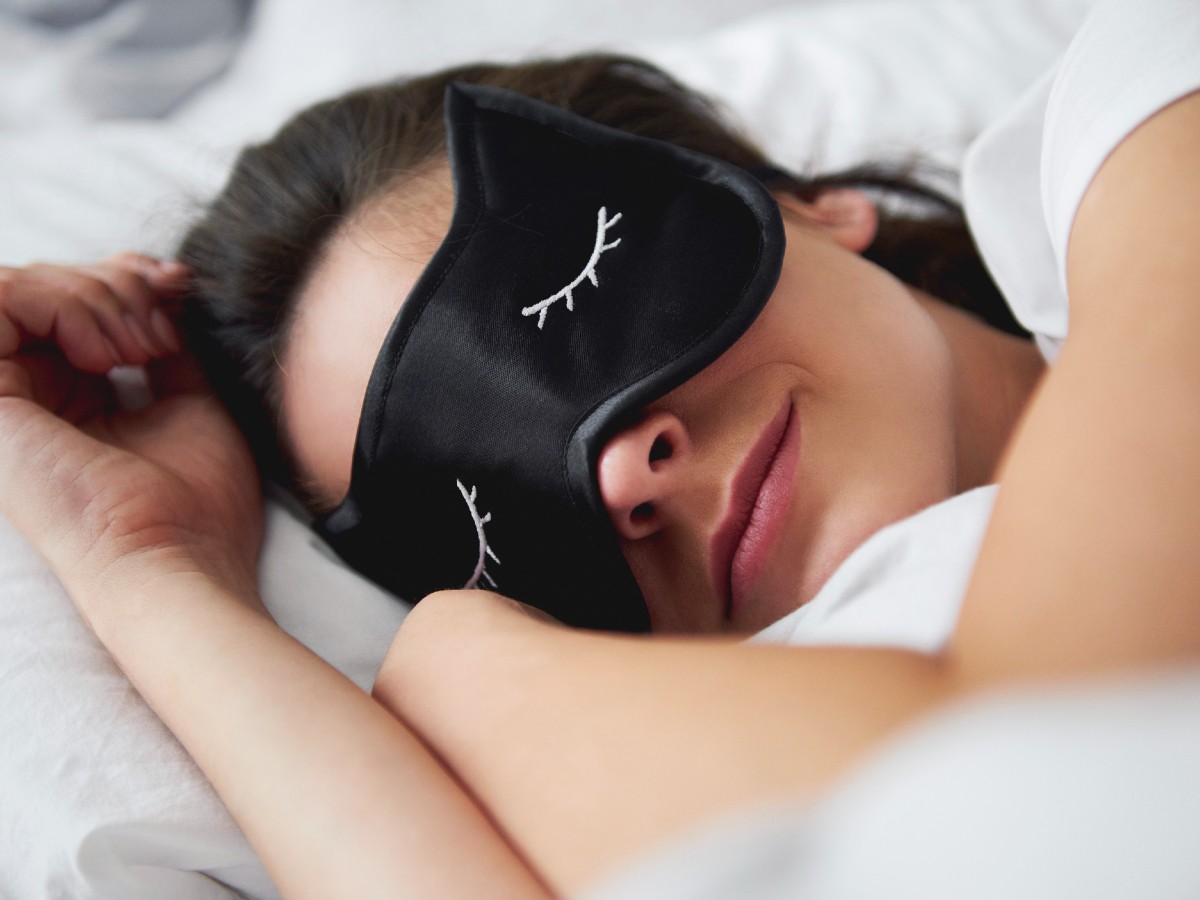

The best bedtime varies, but scientists have identified a fundamental rule. It doesn’t matter if you’re an early riser or a night owl; sleep science has determined the optimal bedtime for feeling good, maintaining health and mental well-being, and functioning at your best every day.
Occasionally staying up late is fine, but a generally consistent and healthy sleep schedule is crucial.
Researchers suggest there’s an optimal time to go to bed.
**How to Sleep Well When It’s (Too) Cold**
**3 Out of the Box Tricks to Fall Asleep**

How Many Hours of Sleep do You Truly Need
How many hours one should sleep per night varies throughout life.
Beyond age, our sleep needs are influenced by factors such as genetics, individual circadian rhythms, and lifestyle habits, including diet and exercise.
On average, according to the National Sleep Foundation, an adult needs seven to nine hours of good-quality sleep each night for a healthy life.
To decide on the best bedtime, it’s essential to consider how much sleep you need to feel rested, as everyone’s sleep needs differ.
Some function well with only 6-7 hours per night, while others need over nine hours to feel rested.

When is the Best Time to Go to Sleep?
According to scientific research, specific bedtime and wake-up times can significantly impact sleep quality.
In general, the body and brain slow down in darkness and start waking up when the sun rises. Therefore, the best sleep quality is achieved by going to bed between 10 pm and midnight and waking up around 7 am.
Several studies support this idea.
A study involving over a thousand Japanese workers found that those who went to bed later than midnight were more likely to experience depressive symptoms.
Another study discovered that people who preferred later bedtimes also had higher levels of repetitive negative thoughts, such as dwelling on problems or negative experiences, which, in turn, affected their sleep quantity.
However, both sleep quantity and quality are equally important.
Establishing a consistent nighttime routine could improve your rest quality and, consequently, your waking life’s quality.
**Lack of Sleep Effects: What Really Happens According to Study**












